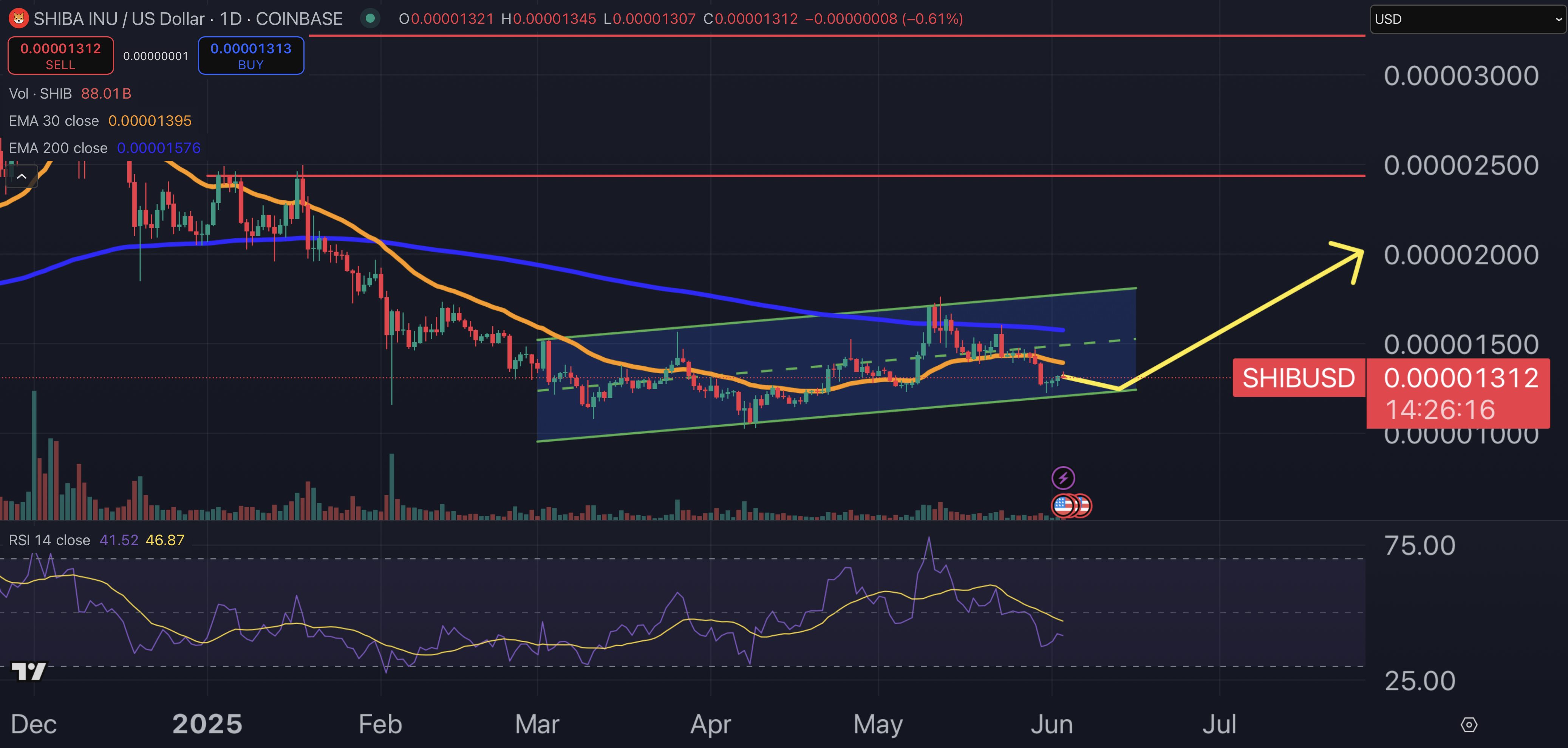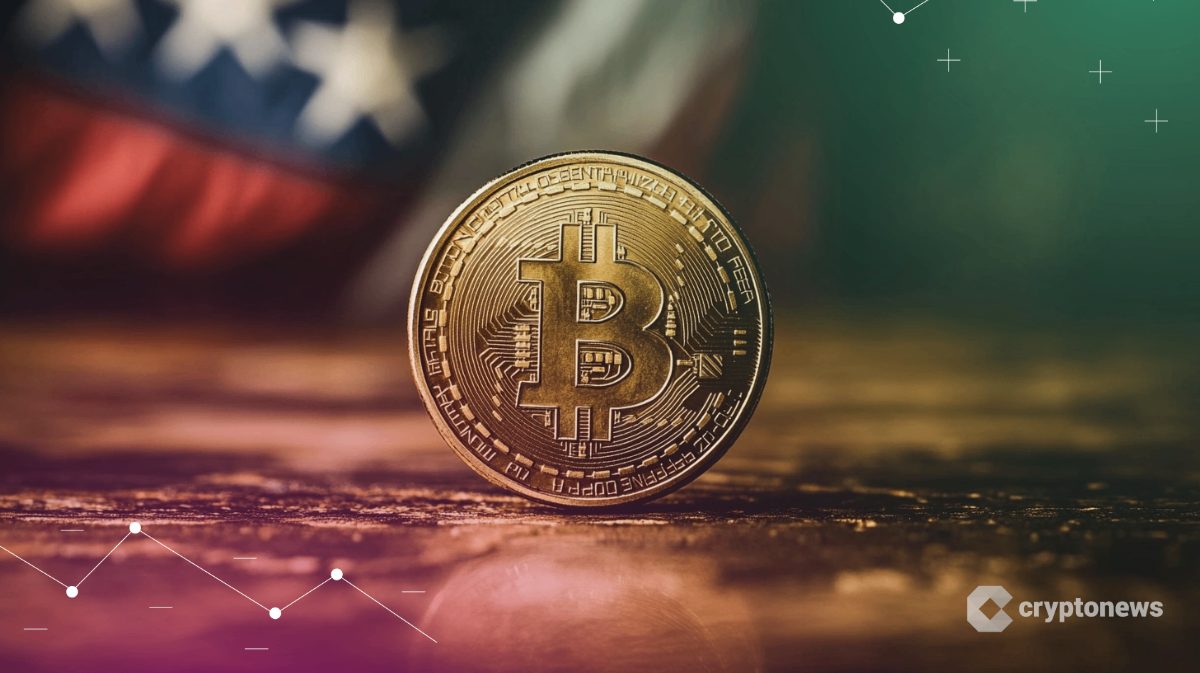Receive free Global inflation updates
We’ll send you a myFT Daily Digest email rounding up the latest Global inflation news every morning.
The writer is chief executive of Fidelity International
“Inflation acts as a gigantic corporate tapeworm,” Warren Buffett wrote in 1982 when US consumer prices rose just over 6 per cent over the year. “That tapeworm pre-emptively consumes its requisite daily diet of investment dollars regardless of the health of the host organism.”
With apologies to those reading this over breakfast, Buffett’s graphic assessment still rings true 41 years later. Open a company annual report published in the past three years and you are likely to read a litany of events such as Russia’s invasion of Ukraine and the Covid-19 pandemic that have blown the best-laid strategy off course and often into uncharted waters.
However, while the initial market impact of these has dissipated, the longer-term legacy remains in the form of increased energy and food scarcity, disrupted international supply chains and, in some countries including the UK, high levels of inflation.
After dealing with a series of sharp operational shocks, chief executives have had to adapt once more, this time to rising input costs. In this environment, companies fall into two categories: those that can find ways to raise their product prices to protect margins while maintaining volumes, and those that can’t.
The best businesses in the latter category, according to Buffett, are those that don’t need to make significant and continuing capital investments. But that constrains their ability to innovate for the future. It is a truism that you can’t cut your way to growth.
There are other ways to deal with an inflationary environment for both types of companies. Building a solid brand to maintain market pricing power and volume is valuable in times of rising prices.
Adapting products and services swiftly to new realities is another strategy, changing their composition or components to mitigate the pressure. According to a McKinsey study of the impact of inflation on corporate decision making and supply chains, some car manufacturers stripped down features to maintain production, pricing and sales amid shortages or to handle rising input costs.
During the pandemic, many companies established response centres to co-ordinate recovery efforts. Similarly, some have set up central, cross-departmental inflation centres to manage the potential downside of inflationary pressures.
These silo-busting efforts can help reduce interdepartmental friction and decision-making times, ensuring that investments are identified and made more quickly, or unnecessary costs halted at an earlier stage.
This creates a market environment where the strong companies are more likely to get stronger compared with their weaker competitors, as the cumulative effect of rising costs on the bottom line takes hold over time.
And the high inflationary environment of the past 12 months is finally showing signs of cooling following central bank action. At the height of inflationary pressures towards the end of 2022, producer prices in the euro zone area briefly rose at annual rates exceeding 40 per cent following increases in energy prices.
Now, inflation in the US is back down to 3 per cent, while levels in the UK and the eurozone have returned to single digits. Longer term, we may also find that positive productivity shocks from artificial intelligence, advances in computing power and more efficient energy transmission will allow companies to do more with less reinvestment.
On its own, inflation does not necessarily present a problem for executives, particularly for today’s raft of C-suite executives with well-toned crisis management muscles. Reasonable increases in input costs can be measured and mitigated.
But the fragility of the post pandemic economy, combined with the fractured nature of global politics, makes business models more susceptible to further unexpected shocks. These conditions, when mixed into an environment of price instability, increase the risks of a corporate mis-step and deepen its potential impact.
It’s harder, too, to keep other choices open when capital is constrained. Optionality, already a valuable commodity in a changing world, becomes more expensive on a relative basis.
There are no easy answers. Inflation has been billed as a cost of living crisis, which it is. But it also represents a cost of capital crisis, a cost of investment crisis and a cost of hiring crisis, challenging company leaders to find new ways of living with — or preferable expunging — the inflationary tapeworm.
Credit: Source link










